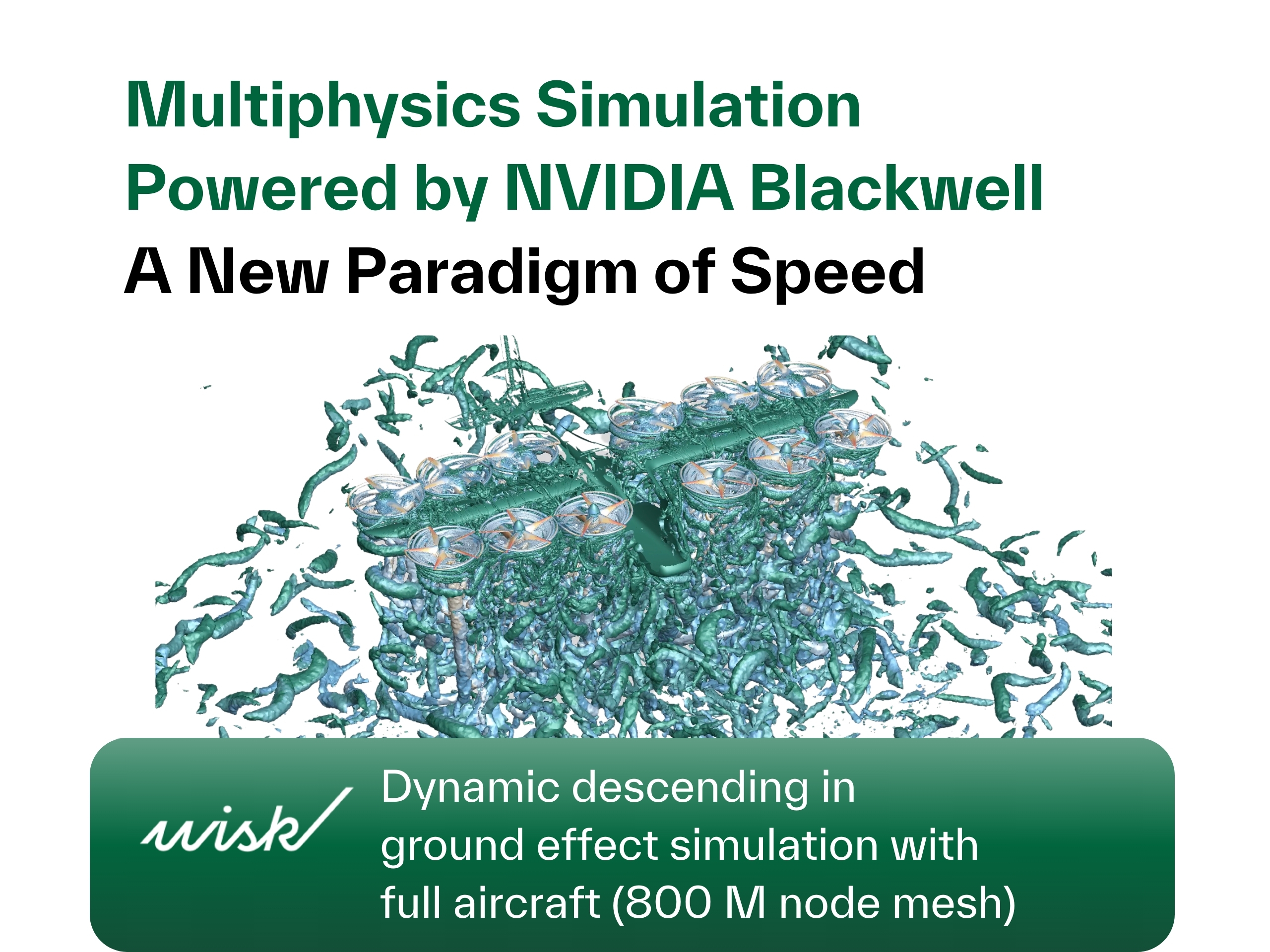Renowned photonics researcher and Stanford professor honored for pioneering work in computational electromagnetics and nanophotonics
Renowned photonics researcher and Stanford professor honored for pioneering work in computational electromagnetics and nanophotonics
[Boston, April 30, 2025] – Flexcompute proudly congratulates Dr. Shanhui Fan, co-founder of Flexcompute and a world-renowned expert in photonics and electromagnetism, on his election to the U.S. National Academy of Sciences (NAS), one of the highest honors in American science.
Dr. Fan is a professor of electrical engineering and applied physics at Stanford University and has played a pivotal role in shaping the theoretical and computational foundations of modern photonics. His research spans nanophotonics, photonic crystals, metamaterials, plasmonics and solar energy conversion, with a strong emphasis on computational methods, a core strength that he brought to Flexcompute.
As co-founder of Flexcompute, Dr. Fan helped establish the company’s mission to revolutionize scientific computing, delivering breakthrough simulation performance for electromagnetics, fluid dynamics and beyond. His vision continues to drive Flexcompute’s innovation at the intersection of physics and high-performance computing.
Dr. Fan earned his Ph.D. from the Massachusetts Institute of Technology under the mentorship of John Joannopoulos. With an h-index of 177, he is one of the most highly cited researchers in his field.
“Shanhui’s election into the National Academy of Sciences is not only a recognition of his extraordinary scientific achievements, but also a validation of the deep scientific principles that guide our work at Flexcompute,” said Vera Yang, Flexcompute Co-Founder and President. “We’re honored to have him as a co-founder and collaborator.”
Dr. Fan is one of 120 new U.S-based members elected in 2025 for distinguished and continuing achievements in original research. For more information on the NAS 2025 elections, visit nasonline.org.







